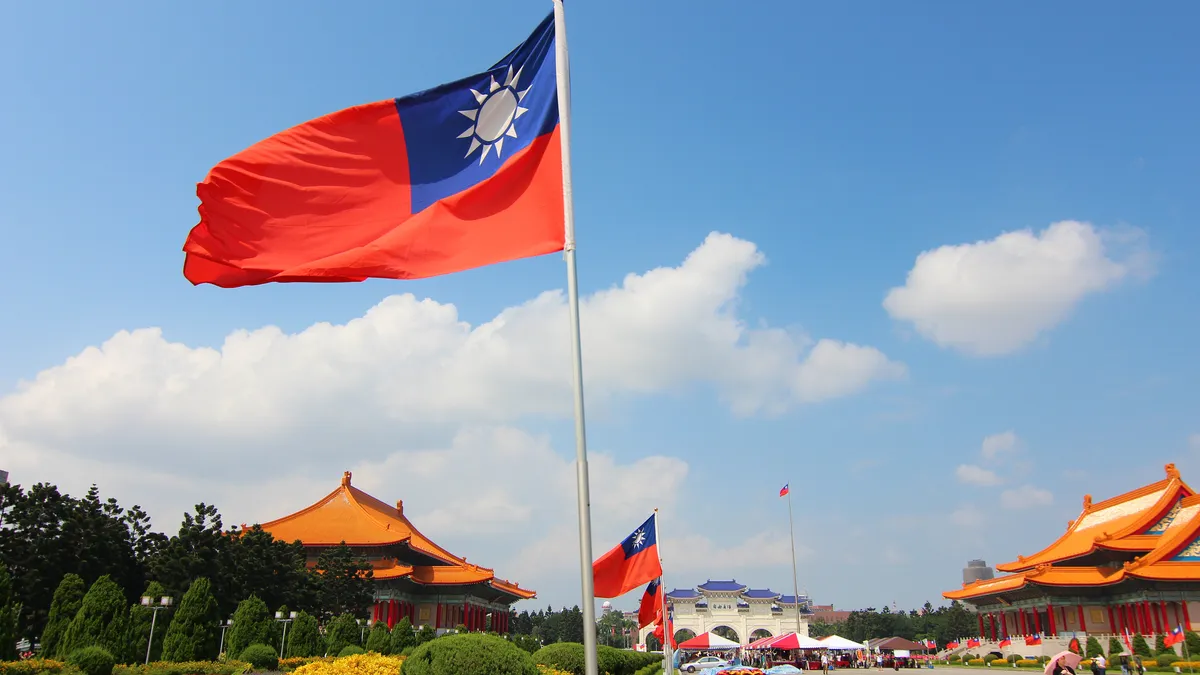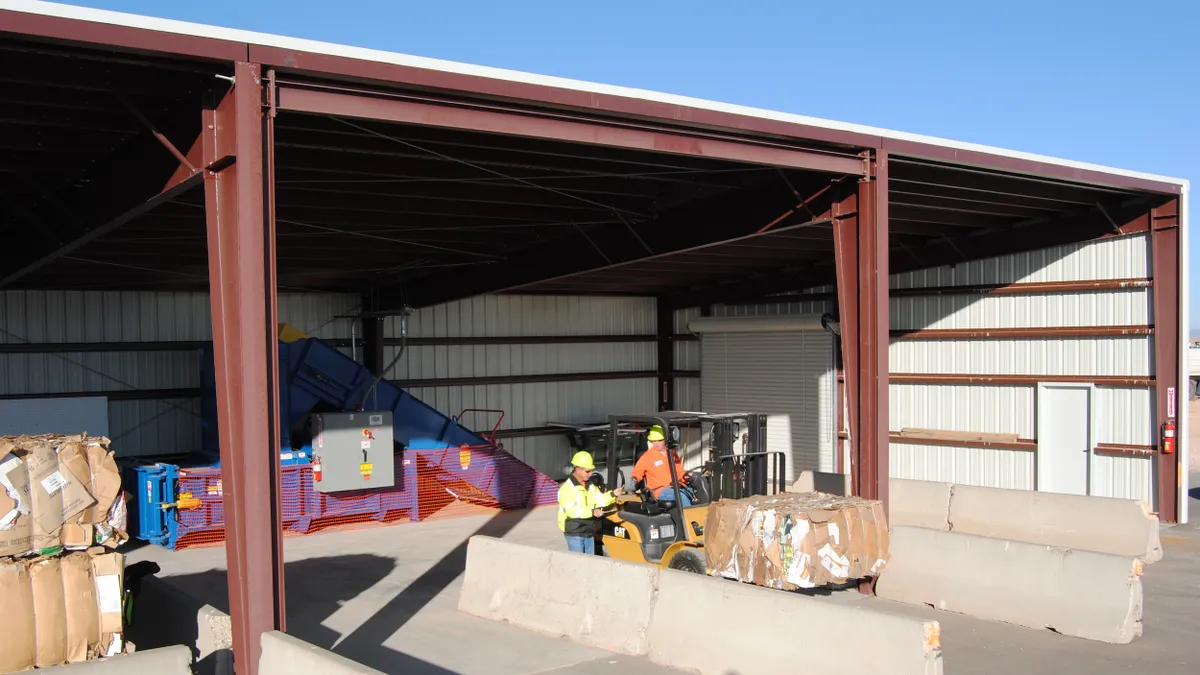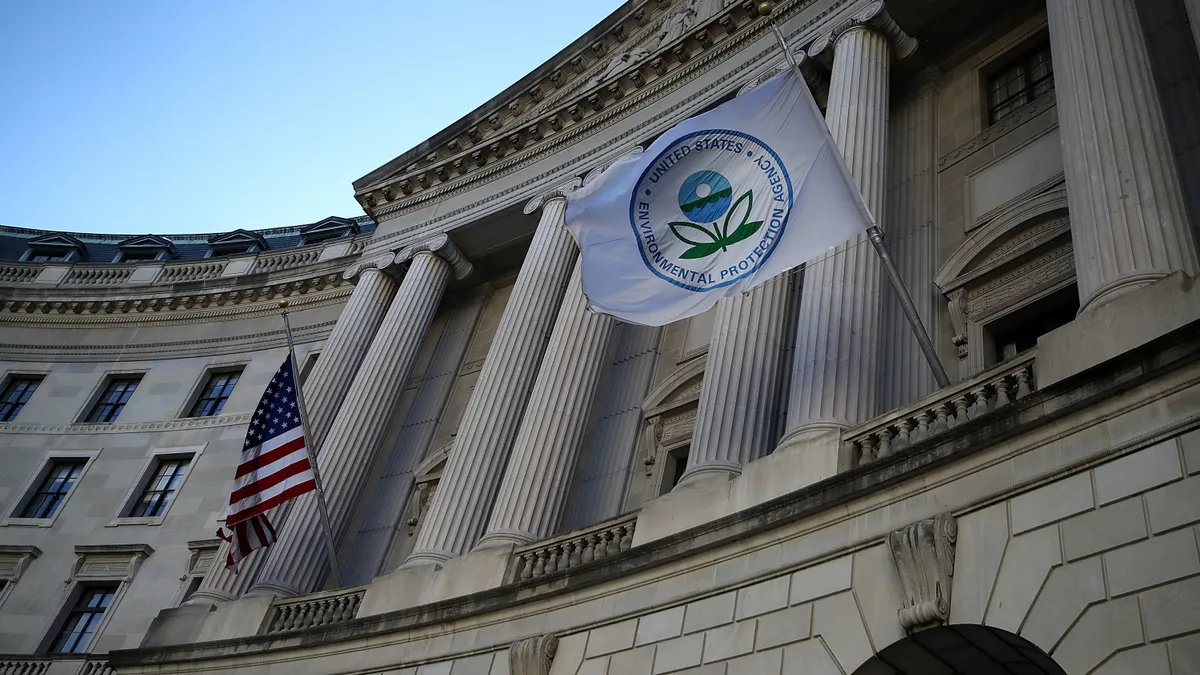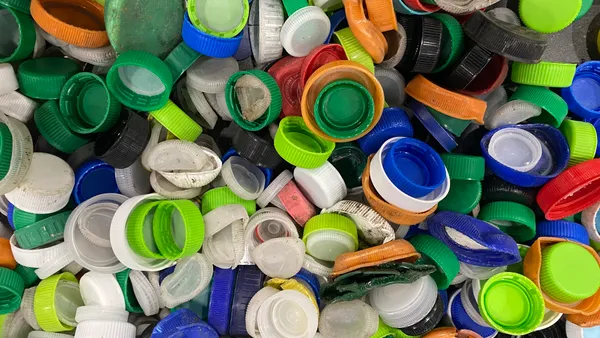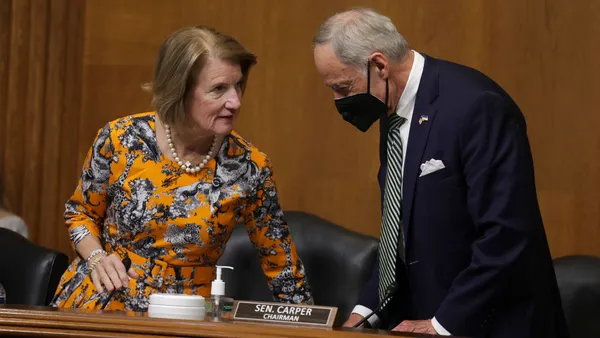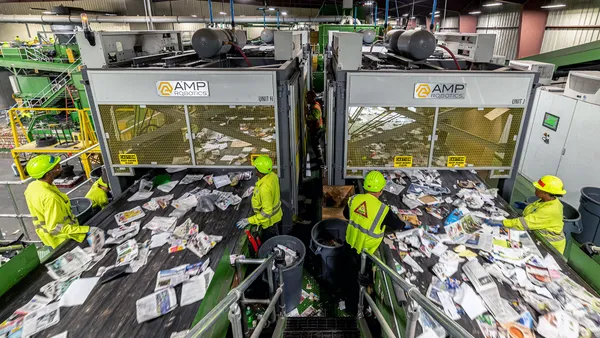Dive Brief:
- Taiwan, with a population of 23.5 million, has a 55% diversion rate which puts it in the league of recycling leaders such as Austria, Germany, and South Korea. The capital of Taipei has a 67% diversion rate.
- This has been made possible by a concerted strategy from the country's Environmental Protection Administration (EPA). All residents are required to separate their waste into three categories — general refuse, recyclables, and food waste. Most refuse is incinerated, raw food waste is composted, and cooked food waste is fed to local black-haired pigs.
- Residents use a pay-as-you-throw program to purchase bags and can be charged stiff penalties for non-compliance. Cities such as Taipei also have pick-ups available in different areas five nights per week with mobile apps to alert residents when trucks are nearby.
Dive Insight:
The estimated U.S. diversion rate of 34% is well below Taiwan's 55%, but the two countries are in different situations. Taiwan began moving in this direction during the 1990s after protests over industrial pollution led to a larger environmental movement. The country also estimates that it could run out of landfill space in six years. The U.S., on the other hand, has plenty of remaining landfill space and has yet to see waste management become a national political issue. The lack of a uniform national waste policy also makes it hard to get states and municipalities on the same page.
Another interesting difference in Taiwan is that manufacturers and sellers of certain recyclable products, such as soda companies, are required to contribute to a fund that supports collection and recycling. The movement toward this type of extended producer responsibility (EPR) has been growing in the U.S. An increasing number of states have passed EPR laws on e-waste, refrigerators, mattresses and batteries. Rhode Island has even sought to go a step further with an EPR law for printed paper and packaging.
The U.S. has also proven receptive to the Taiwanese practice of public shaming as an enforcement tool. In Taiwan, the EPA pays people for reporting waste violations and images of the perpetrators are sometimes posted. A new anti-litter program in Savannah, GA has taken a similar approach by asking residents to send pictures of their littering neighbors in exchange for prizes.
Yet, until the U.S. can present residents with a more unified approach to waste management, these individual advancements likely won't be enough to reach Taiwan's 55% recycling rate.
"To make the policy work, you have to make it convenient for people. You need incentives and you need penalties," Wu Sheng-chung, director-general of the EPA’s waste management department, told The Wall Street Journal.



